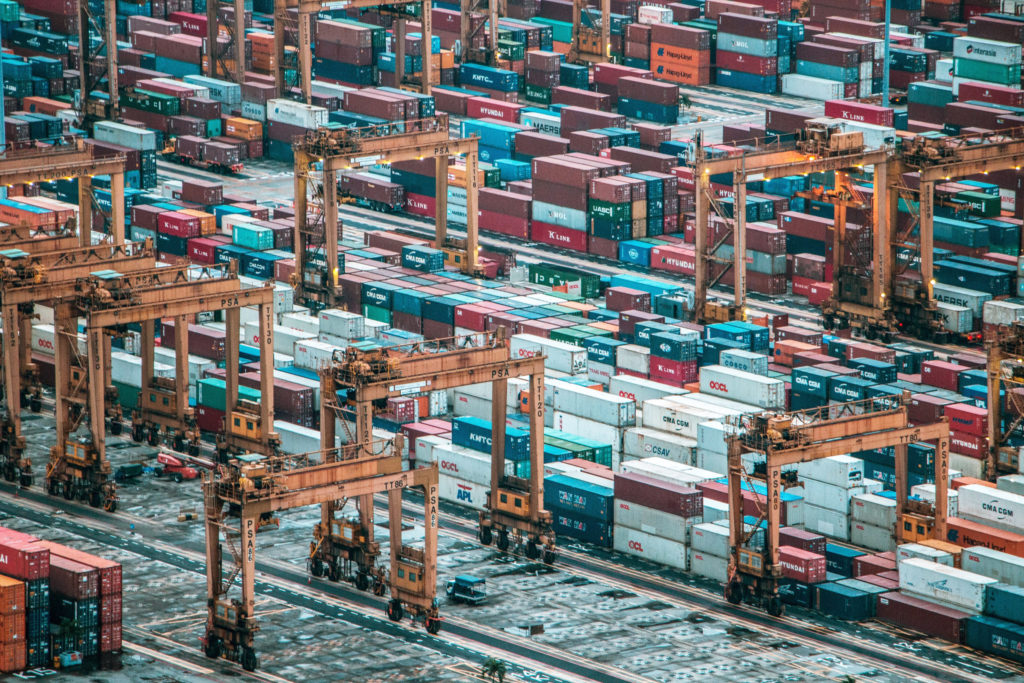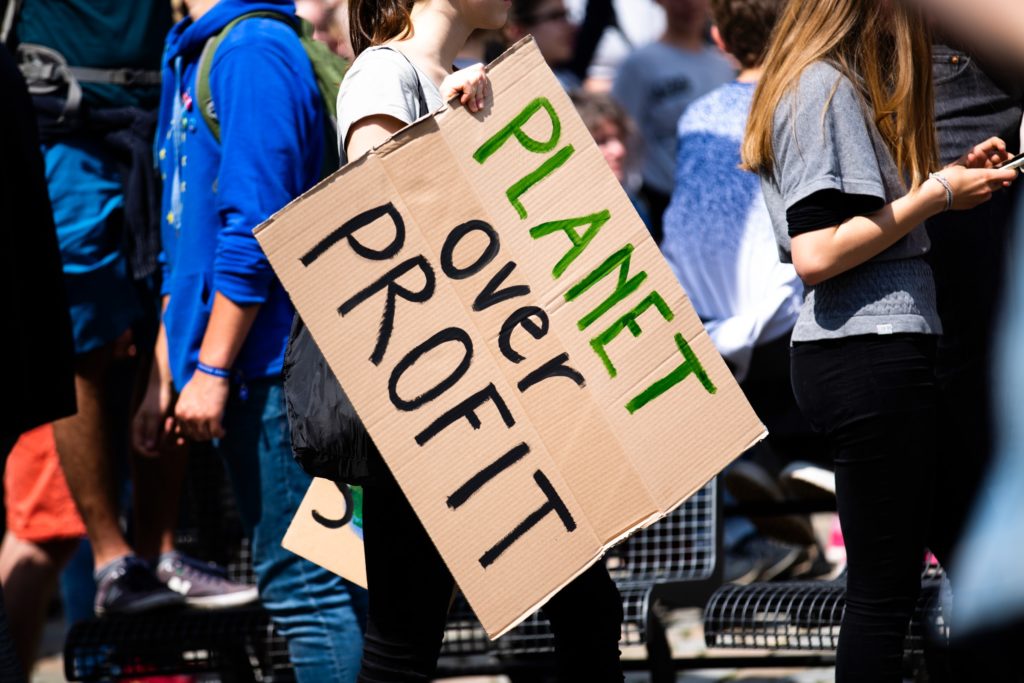
The COVID-19 pandemic has shaken the world and caused an unprecedented disruption to the international economy. If we have learned anything from this global catastrophe, it’s that we are all irrevocably bound together with a responsibility of care towards each other, as much as towards ourselves. As we begin to rebuild global trade, we need to ensure that our policies reflect what we have learned. We need to make trade more just, more environmentally conscious and more sustainable than it was before.
On 17th February, the European Commission will publish a communication on a renewed EU trade policy. This will be the long-awaited result of a major exercise within the Commission to review the EU’s trade policy, with the support of a public consultation that received over 400 responses from stakeholders and a resolution adopted in November 2020 by the European Parliament.
This EU Trade Policy Review is a unique opportunity to fundamentally rethink and reshape our rules to ensure fairer, greener and more sustainable trade.
To this end, the Greens/EFA MEPs on the International Trade Committee prepared a position paper outlining concrete steps that the Commission must take in order to mainstream the European Green Deal across EU trade policy, drawing on our position paper Green Trade for All. We hope to see these measures in the communication that will be published on 17th February.

Some of our highlights for making EU trade fairer, greener and better for people and planet:
Trade and climate
- Climate action should prevail over trade rules. Existing agreements need to be updated to reflect the new climate neutrality objectives.
- The carbon footprint of traded goods should be assessed and the EU approach differentiated depending on their carbon content.
- The EU must end protection of investments in fossil fuels in the Energy Charter Treaty, or take steps to exit the Treaty if this cannot be achieved.
Trade and human rights
- Mandatory human rights due diligence rules for companies throughout their supply chains must be mainstreamed in EU trade policy.
- The EU must introduce complementary trade measures like the prohibition of the import of products related to severe human rights violations, such as forced labour or child labour.
- We need enforceable sustainability standards in Free Trade Agreements and should consider conditioning tariff reductions linked to certain sustainability outcomes.
Trade and gender
- The European Commission should conduct gender-sensitive ex ante evaluations of trade policies.
- Gender provisions in trade deals must be mainstreamed and strengthened through a gender-specific chapter.
Trade and democracy
- The European Commission must take steps to improve the possibility for thorough democratic oversight of the European Parliament. The Commission’s approach in past and ongoing Free Trade Agreement negotiations (e.g. CETA, TTIP, Mercosur and CAI) have left much room for improvement!
- To guarantee the legitimacy of trade policy and agreements, all relevant stakeholders should be involved in the negotiations of Free Trade Agreements.